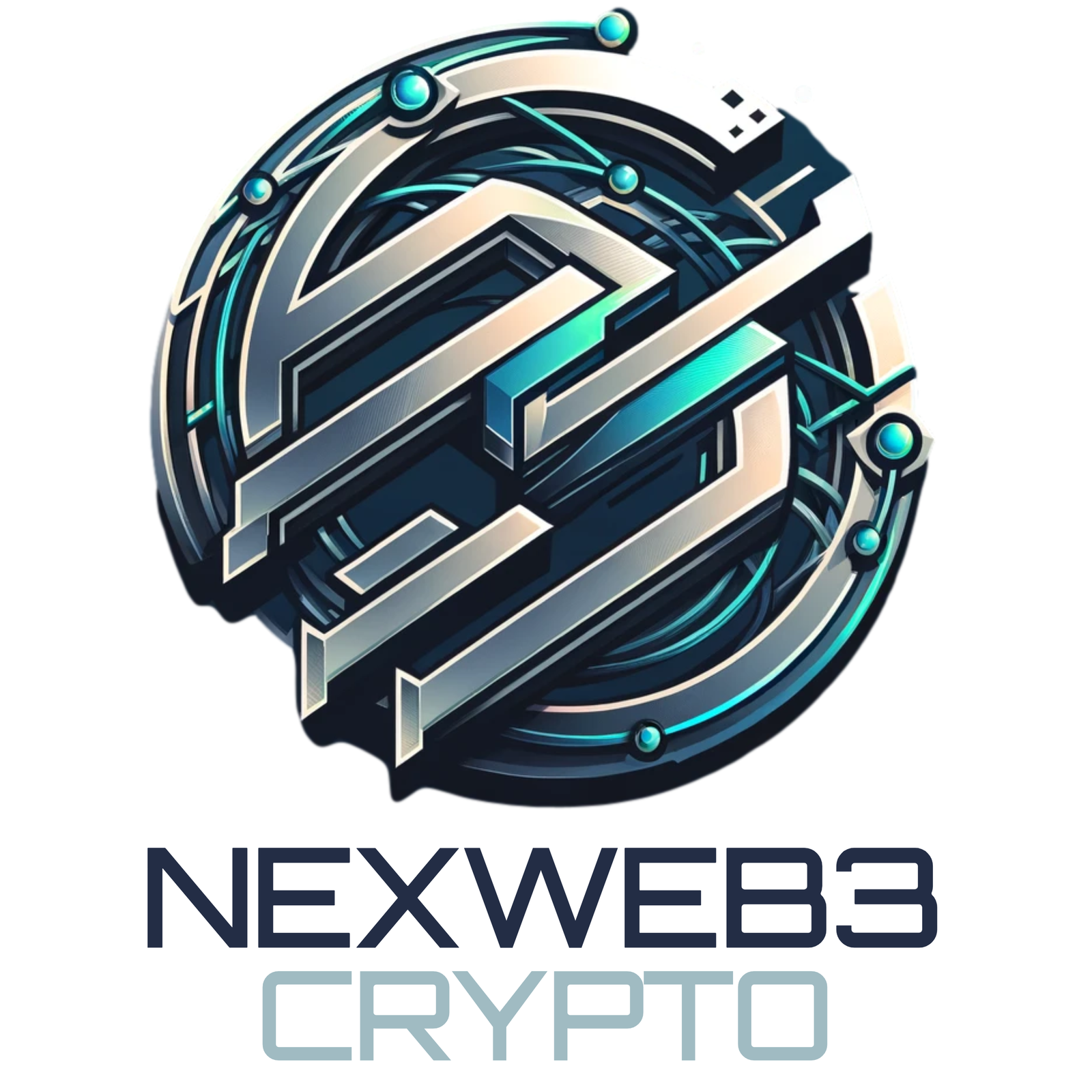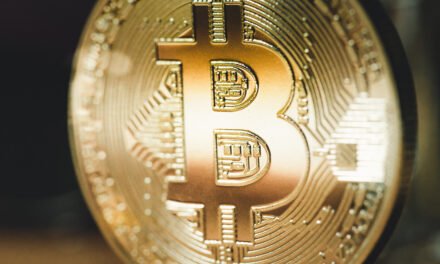Bitcoin may be the most well known cryptocurrency but there are many other options available in the form of altcoins. These digital currencies use blockchain technology just like Bitcoin does; however they have unique features and goals that set them apart from one another. In this article we will explore what altcoins are all about including why they matter how different they are compared to Bitcoin and finally provide guidance on investing in these alternative coins.
What Are Altcoins?
Bitcoin may be the most well known cryptocurrency but theres plenty of room for other players in this space. Altcoins are simply any digital currency that is not Bitcoin – and there are many options available on todays market! From Ethereum to Litecoin, Dogecoin or Dash; Monero or Ripple: each altcoin has its own unique features worth exploring. With so much variety out there why limit yourself? Discover what makes these alternative currencies stand out from one another today!
The Importance of Altcoins
Investors seeking diversification in their cryptocurrency portfolio should consider altcoins as an option. While Bitcoin remains a popular choice due to its widespread acceptance and high market capitalization it has some limitations such as slow processing times, limited supply capacity and expensive transaction fees that could hinder growth potential for investors looking beyond just one coin. Altcoins offer alternatives with faster transactions at lower costs while also providing developers room to experiment freely without altering the core code of Bitcoin itself – leading towards innovation within this industry sector overall. By exploring these alternative options alongside traditional choices like BTC; investors can potentially maximize returns by spreading risk across multiple assets simultaneously.
Bitcoin vs Altcoins – What’s the Difference?
Bitcoin, the first decentralized cryptocurrency was created by Satoshi Nakamoto in 2009. Its proof of work consensus mechanism requires miners to solve complex mathematical equations for validating transactions and creating new blocks on its blockchain. In contrast altcoins can use various consensus mechanisms such as proof of stake or delegated proof of stake along with unique algorithms like Cryptonote used by Monero. Additionally while Bitcoin has a fixed supply limit at just under twenty one million coins many altcoins have much higher circulation figures making them more accessible for novice investors looking to enter this market space.
Investing in Altcoins – What You Need To Know
Investing in altcoins requires careful consideration of various methods such as exchanges, wallets and staking. Exchanges enable users to buy or sell these digital assets against fiat currency or other cryptos like Bitcoin while keeping track of their investments through secure storage provided by wallets. Staking involves holding a specific amount of coins within the network’s algorithm which results in rewards based on its performance over time. Before making any decisions about investment opportunities it is crucial that one conducts thorough research into each coin’s team composition, roadmap details, community support levels and technical aspects thoroughly beforehand. This approach will help minimize risks associated with this type of investment strategy while maximizing potential returns for savvy investors who take advantage of these unique opportunities offered by alternative cryptocurrencies.






